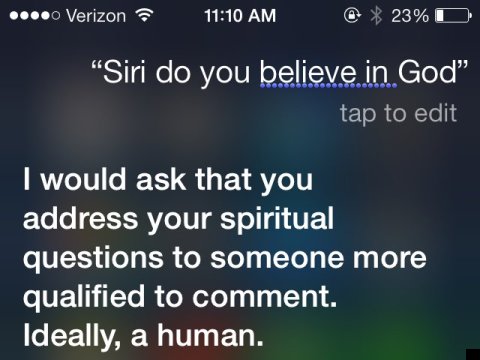The Whole Earth Catalog. There is a lot of history and ideals and practices wrapped up in those four words.
I know we were supposed to scan through various volumes of the catalog to find something that stuck with us. And I did. Lots of things were interesting. But I couldn't stop thinking about two things in the very beginning of the very first issue. So, I decided to stop wandering through pages and dive in:
"We are as gods
and we might as well get used to it."
That is the first line of the Whole Earth Catalog's purpose statement. That's a pretty profound way to start out. This is followed, on the very next page, by Buckminster Fuller's poem
"God is a Verb".
I can't stop thinking about the bold move the creators took in setting their stage with these two statements. It very blatantly positioning themselves, or more accurately their product, as something divine. The Whole Earth Catalog is "access to tools" for accessing that divine. But what are they really saying is divine? I think it's the individual and individual choice.
While the ideas of the "self" and "self determination" have been recurring topics of discussion in class, The Whole Earth Catalog make the idea concrete and marks it in ink. The Catalog's purpose refers continually to the idea of the power of the individual. The second part of the purpose statement even repeats the phase "his own" several times. The individual is a god.
But so are the tools he uses. And that idea is what the "God is a Verb" enhances this position. The first line of the poem is "I see God in the instruments and the mechanisms that work reliably". Without going into a full fledged analysis, this line sets up a poem that, while mildly confusing, paints the divine as a actionable entity. As instruments that make our existence better. Tools that somehow mask our failings.
As I went through this thought process, I couldn't help but to start think about Jobs. We know that he was a part of the same tradition as the Whole Earth Catalog, but think this fundamental idea, of the individual and tools as divine, runs deep for Jobs. We've talked about how he was so focused on his products, on making them perfect, even in the places that were invisible to the consumer. I think that to him making products (instruments) that "work reliably" and beautiful is like attaining some aspect of the divine. He was as a god, and his tools were divine carriers of his ideas.
We are as gods.
God in our instruments.
We and our tools.
We are our tools.
We are as gods.



